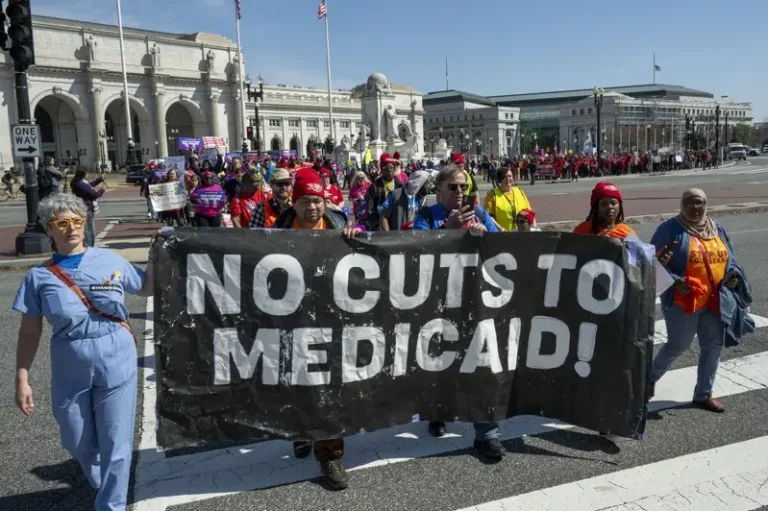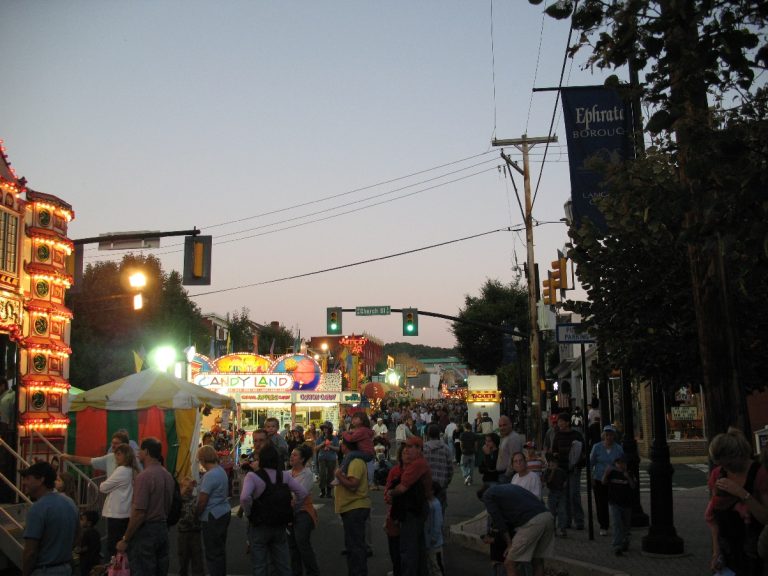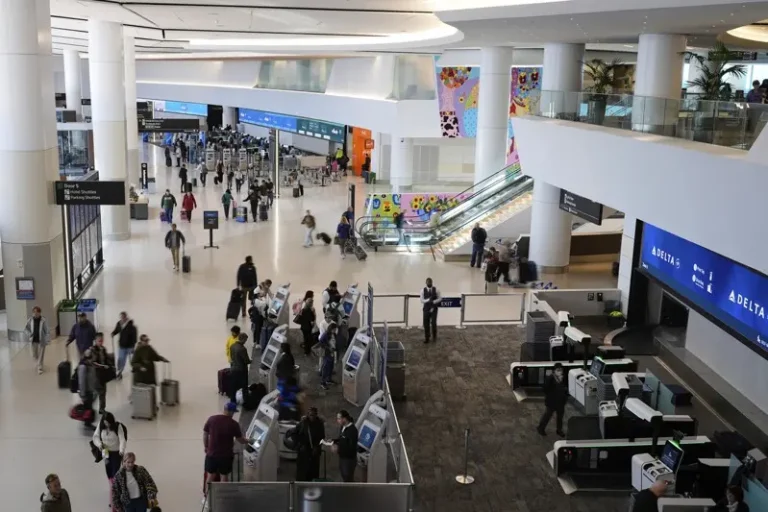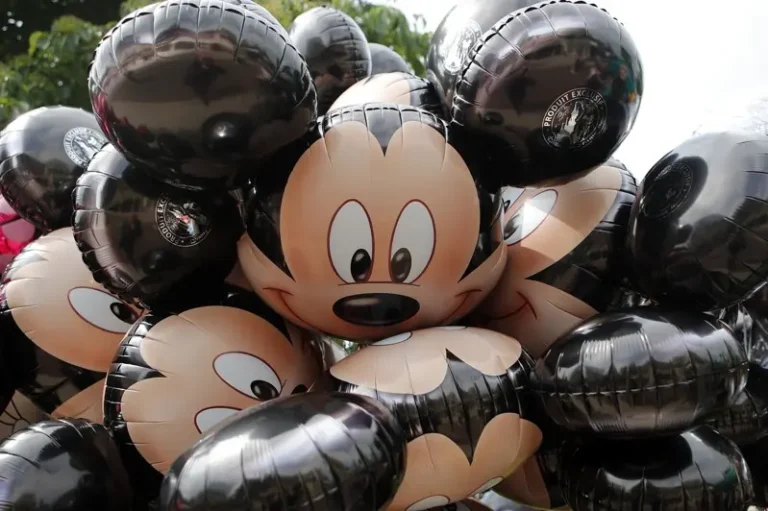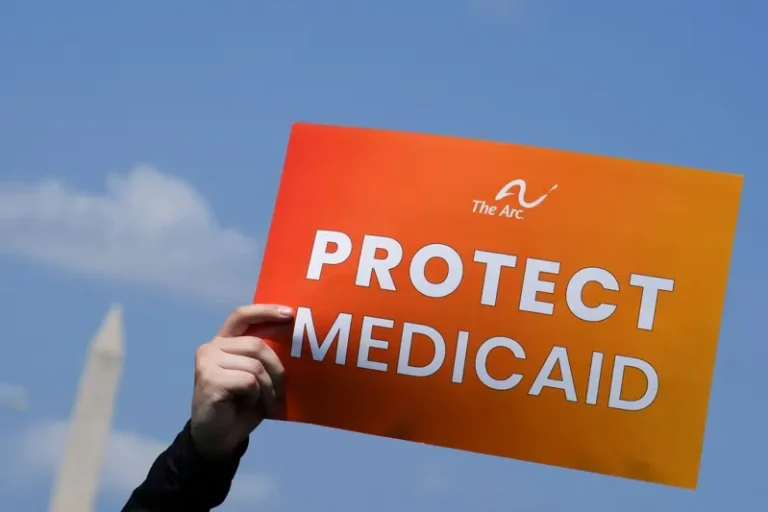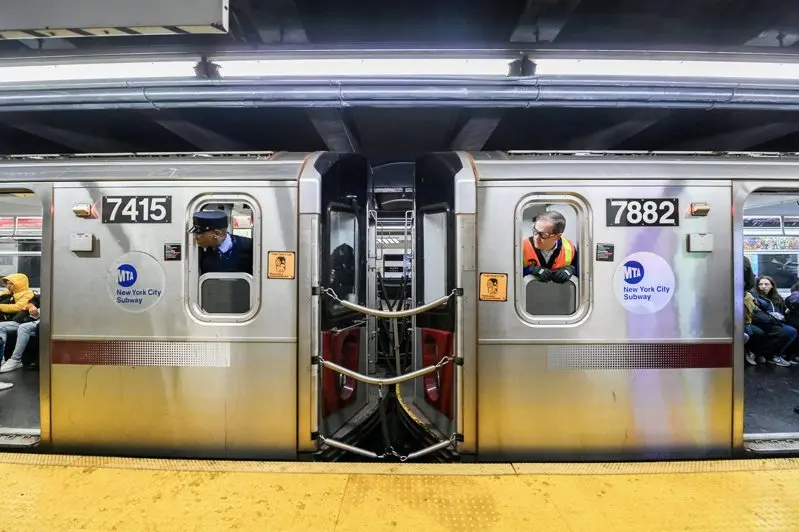
The Metropolitan Transportation Authority (MTA) approved fare changes at its board meeting on the 30th. Effective January 4th of next year, single-trip fares for New York City subways and regular buses will increase from $2.90 to $3, while inter-district express bus fares will rise to $7.25. Furthermore, fares on the two major commuter rail systems will increase by 4.4%, while tolls on MTA-operated bridges and tunnels will increase by between $0.20 and $0.52. The decades-old MetroCard will also cease sales on the same date and will be phased out within the next year.
According to the plan, single-trip fares for city buses and subways will be $3, with discounted fares increasing to $1.50. The maximum fare for more than 12 rides within a seven-day period will also increase to $36. In addition to the increase in single-trip fares from $7 to $7.25, discounted fares will be reduced to $3.60, and the seven-day maximum fare will be $67.
The fare increases will also accompany the cessation of MetroCard sales. As old cards expire, the OMNY payment system will become the sole payment method. Currently, the OMNY system offers a limited 12-trip discount within seven days. With the discontinuation of MetroCard sales, prepaid weekly and monthly subway passes will also be discontinued. Visitors or infrequent public transportation users without an OMNY account will need to purchase a $3.50 single-ride ticket for subway and bus rides. Furthermore, coin-operated devices will be gradually phased out on buses, and cash will no longer be accepted.
Starting January 4th of next year, the price of single and monthly/weekly passes on the Long Island Rail Road (LIRR) and MetroNorth, which operate metered fares, will increase by 4.4%. CityTicket fares will also increase from $5 to $5.25, with peak-hour city fares increasing to $7.25.
These price increases are accompanied by several changes to commuter rail fare systems. First, to prevent passengers from exploiting fare inspection loopholes, passengers who purchase electronic single-trip tickets through the mobile app “TrainTime” will no longer need to activate their tickets and will automatically expire four hours after purchase. Paper single-trip tickets will also be unusable four hours after purchase. Passengers who purchase tickets on-site when ticket inspectors arrive will receive a warning or penalty. Furthermore, commuter rail has added discount options, including a day pass that allows unlimited rides on the day of purchase and a “buy ten, get one free” promotion where passengers purchase ten single-trip tickets for the same route within two weeks and receive one free ride.
Previously, the MTA also agreed to a fare increase proposal from the Connecticut Department of Transportation. Fares on the New Haven section of the Northern Railroad in Connecticut will increase by 5% starting in September of this year.
Regarding bridge and tunnel tolls, a one-way E-ZPass trip on the Whitstone, Throgs Neck, Verrazzano-Narrows, RFK, Queens-Midtown and Hugh L. Carey Brooklyn-Battery Tunnels will increase from $6.94 to $7.96. A one-way toll on the Henry Hudson Bridge will increase from $3.18 to $3.42. A one-way toll on the Marine Parkway and Cross Bay Bridges will increase from $2.60 to $2.80.


